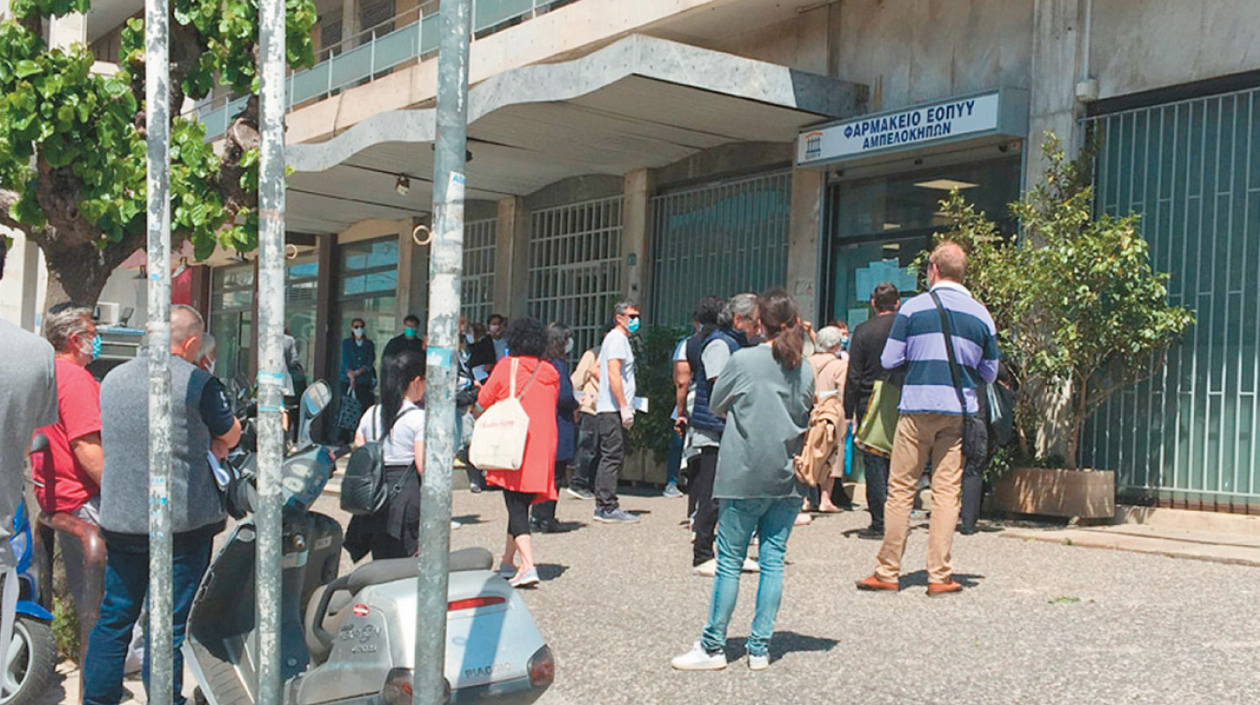In the coming days, approximately 120,000 insured individuals of the National Organization for Health Care Provision (EOPYY) will gain access to their medications in a simple and easy way. Leveraging the technology from the innovative action of distributing 86,000 antiviral drugs during the pandemic, the Organization is opening a new chapter in the services it offers to its insured members.
The distribution of High-Cost Drugs (HCD), also known as “expensive drugs,” which are currently only available from EOPYY pharmacies to patients with serious chronic illnesses, is nearing completion by the Ministry of Health and the Organization, following the personal commitment of the Prime Minister.
According to what has been legislated and is now being implemented, insured individuals will have the option to obtain their valuable medications via courier to their homes, provided they declare it during the prescription process in the electronic prescription system. Pilot distribution of HCD to 1,850 patients monthly will commence in the next six days. This phase of implementation concerns patients suffering from cystic fibrosis, pulmonary hypertension, thalassemia (Mediterranean anemia), sickle cell anemia, and motor neuron disease.
Starting next Tuesday, a new selection window will open in the prescription system for these specific drugs intended for the treatment of the first five categories of patients. Physicians will notify patients who, if they wish, can choose “home delivery” when issuing the prescription. Patients will enter the corresponding EOPYY application and provide the necessary consents and information. The courier company will deliver the medications within two to five business days from the prescription execution date, depending on the geographic area.
Upon completion, the program will be able to cover 120,000 patients, for whom 180,000 prescriptions for High-Cost Drugs are issued and executed every month. These include oncology patients, multiple sclerosis patients, kidney disease patients, patients with rare metabolic disorders, immunocompromised individuals, transplant recipients, and others. The last two categories of patients already have this option as it was provided to them during the COVID-19 pandemic to further safeguard their health and avoid exposure to risks.
Ask me anything
Explore related questions





